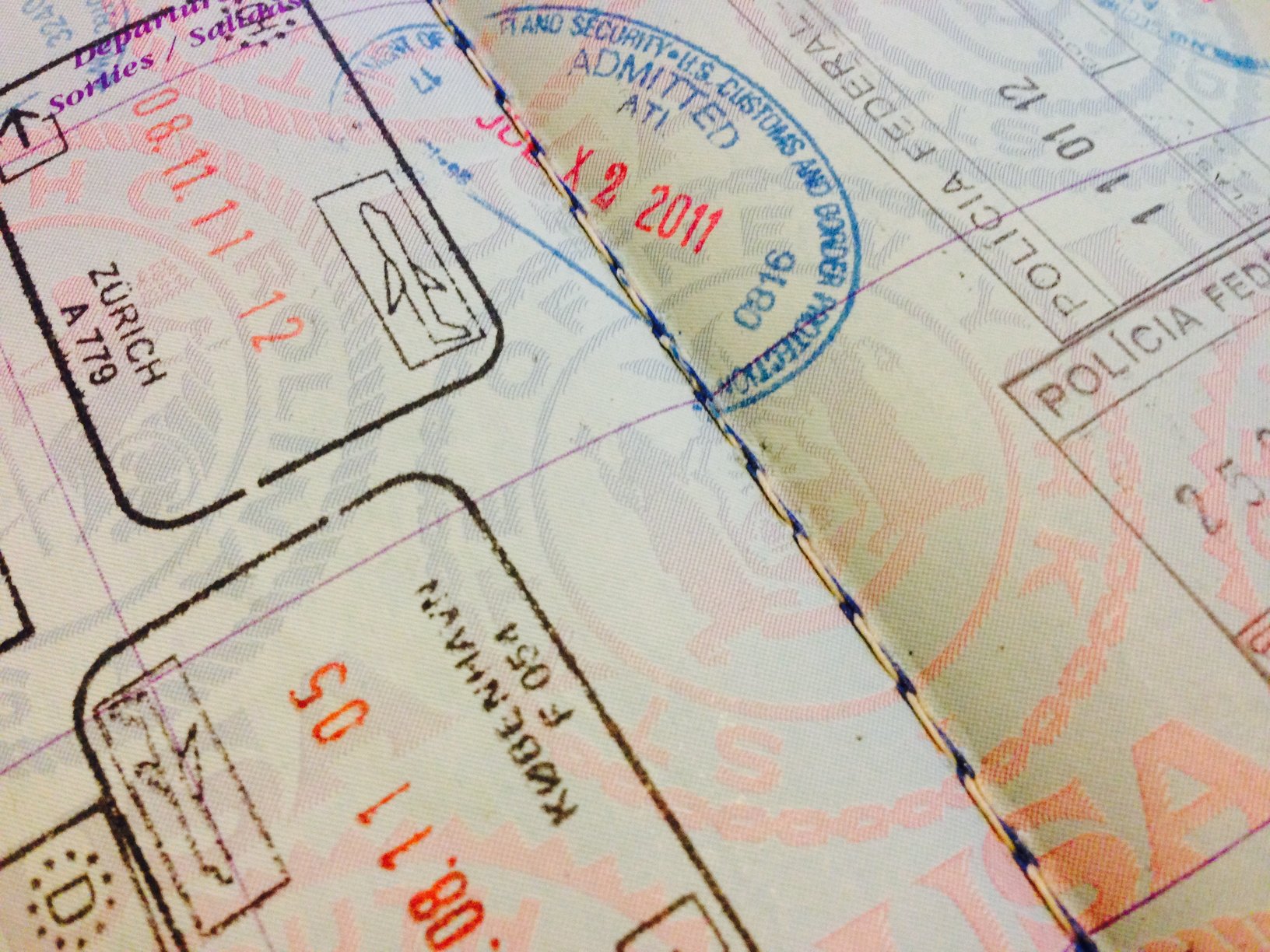Brothers, if you don’t have one already, you need to get yourself a passport. If you do have one, it’s time to use it. As a 37-year-old black man from Florida, I can honestly say that now, more than ever in my lifetime, I am mortally afraid of inadvertently pissing off some over-eager, trigger-happy jackass with a gun, who would then feel entirely justified in shooting me because he felt “threatened” and knew that he’d be absolved by a jury of his peers of any wrongdoing. No matter how many languages I speak, how many countries I’ve been to, how many degrees I have, how many classes I’ve taught, how many non-black friends I have, I am part of the same pariah class as you, demonized because of my skin color and feared because of my potential – for violence as well as greatness.
I left the United States in 2005, running adventurously towards the unknown but also running away from the miasma of inequality as I perceived it all those years ago. I returned this past Christmas and have felt like things have only gotten worse.
Be it the barefaced happiness at George Zimmerman’s acquittal, the unmitigated hatred for President Obama, the unyielding desire to use the ugliest racial slur in the English language because “[we] say it all the time,” the grotesquely ironic opinion that black Americans are the most racist group in the country, the antagonizing law enforcement activities like “stop-and-frisk” and “random secondary screening,” the gutting of the Voting Rights Act, the inhumane disparities in prison sentencing, or the mass closing of public schools in the neediest neighborhoods, we are reminded incessantly of our lowly place in American society by society itself. And this is despite innumerable examples of how much we as black Americans contribute positively to society (especially when allowed to flourish) and despite the efforts of scores of white Americans who recognize their privilege and do fight with us in destroying inequality.
Yet, in 2015, ignorance and hatred remain as unfettered and ingrained in the American psyche as they were in 1915 and 1815 and 1715. For too many Americans, citizens of a land which espouses freedom and liberty as the driving forces of its national ideology, it is unsafe to merely exist. That is what it’s like to be a problem.
Mind you, family, the United States isn’t the only place black folks are catching hell. We are murdered or disappear in Brazil and Colombia and plenty of other places with mind-boggling frequency, often at the hands of local law enforcement. No place is utopia. But that doesn’t mean we shouldn’t look for it.
We have options. There are places in this world where our presence isn’t viewed as a menace, as a problem, or even as an inconvenience. There are places where we are welcomed, listened to, appreciated, and even loved. These places can and do challenge us in ways we could have never imagined, but our very existence isn’t challenged.
No place is utopia. But that doesn’t mean we shouldn’t look for it. We have options.
We will have to do our part, by being open to learning new concepts, new languages, new ways of thinking and being. By being permeable. We will have to strive to be just as understanding and accepting as we hope to be understood and accepted. In the end, the tangible investment in passport fees, airline tickets, and lodging expenses pay off in that they remove the yoke of low expectations. They can release us from the snares of a society that thinks it’s got us all figured out. Most importantly, these investments pay off in options.
We must have the option to participate in our own society as full-fledged members or be part of the creation of a society that will not hinder us from personal greatness. But we alone have the power to create these options for ourselves. That responsibility – that choice – belongs to no one but us.
Once you have your passport, if you decide to leave permanently, do not feel like you’ve abandoned anything. You are merely following in the footsteps of our (s)heroes Josephine Baker and James Baldwin and Richard Wright and Nina Simone and W.E.B. Du Bois, searching beyond the borders of the United States for a cure to that cancer of oppression. You, like them, may flourish in foreign soil and find safety and peace.
If you do return, you will do so in the spirit of Zora Neale Hurston and Malcolm X and Langston Hughes and Katherine Dunham and Angela Davis: eyes opened, mentally unchained, and better equipped to withstand the renewed assault on your spirit once repatriated. You’ll be able to act as an example for other brothers and sisters – of all colors – in their quest for growth, enlightenment, self-worth, freedom, peace, and even physical safety. Basic rights, but options, too.
A passport isn’t the antidote to financial woes or family drama or failing schools or racial profiling. But it is a door opener, an exit, a way out, an escape to the boundless existence – the boundless life – that we deserve as human beings. A passport allows us to choose our reality, be it here or abroad.
Previous generations fought for our right to be first-class citizens of the United States, a right that, just a few days ago, was denied yet again for a black youth born in this country.
It is now our duty to be first-class citizens of the world.
